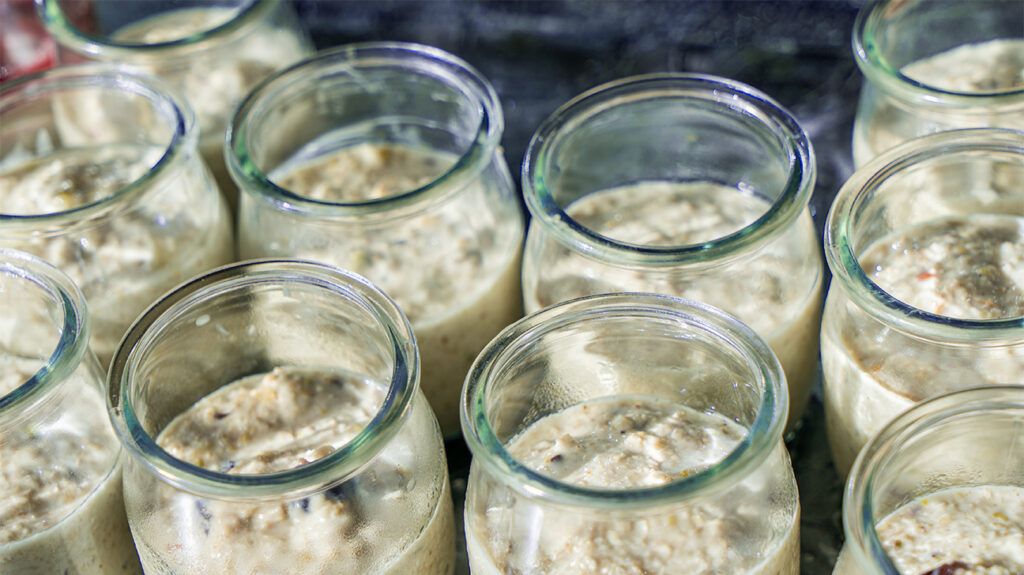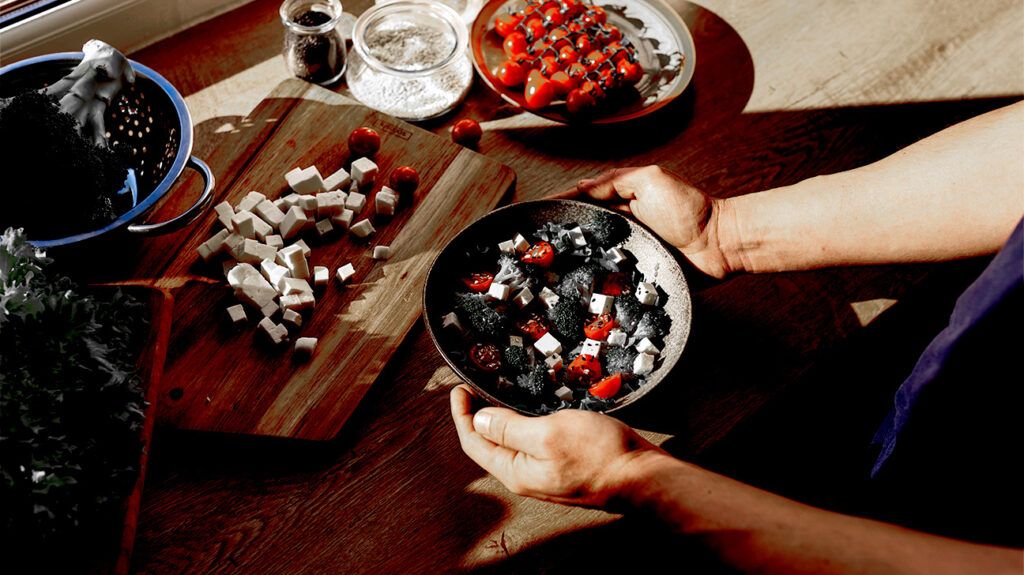Exploring the Impact of Diet on Dreams and Nightmares: What Scientific Research Reveals

Discover the fascinating link between diet and dreams with recent scientific research highlighting how certain foods can influence sleep quality and nightmares. Learn practical tips to improve your sleep hygiene by adjusting your dietary habits.
Have you ever pondered whether the foods you eat could influence the content and intensity of your dreams? Many people experience strange or unsettling dreams sporadically, and naturally, they wonder about potential dietary causes. Traditionally, folklore has long suggested a link between what we consume and our dreams—think of the early 20th-century comic strip "Dream of the Rarebit Fiend," where characters blame their bizarre dreams on eating cheese like Welsh rarebit the night before.
Despite these tales, scientific exploration into the food-dream connection has been limited but intriguing. Early surveys hint at a relationship; for example, a 2007 study observed that individuals consuming more organic foods reported more vivid and peculiar dreams compared to those eating more fast food. Similarly, a 2022 survey found that fruit consumption was associated with more frequent dream recall, while high intake of fruit and fish correlated with more lucid dreams. Moreover, sugary foods appeared to be linked with increased nightmares. Our own 2015 research revealed that nearly 18% of participants believed their diet influenced their dreams, with dairy products being the most commonly blamed.
Building on this foundation, recent research involved an online survey of 1,082 Canadian psychology students, focusing on diet, overall health, sleep quality, and dreaming. The goal was to understand how specific foods and sensitivities might impact sleep disturbances and nightmare severity. Findings indicated that over 40% of participants noticed that certain foods affected their sleep, while about 5% believed their diet influenced their dreams—especially desserts, sweets, and dairy. Individuals with food allergies or gluten sensitivity were more aware of dietary effects on dreams, and those with lactose intolerance reported more frequent and intense nightmares. Interestingly, gastrointestinal symptoms like bloating and abdominal pain, common in lactose intolerance, were linked to more nightmares, suggesting a connection through the gut-brain axis.
This emerging evidence supports growing theories about the gut microbiome’s influence on the nervous system. Our findings imply that gut discomfort could manifest psychologically during sleep as nightmares. This line of research has implications for treating conditions like post-traumatic stress disorder (PTSD), characterized by recurring nightmares. Some studies suggest that dietary adjustments—particularly avoiding certain trigger foods like dairy and sweets—may help reduce nightmare frequency.
However, it is important to note that current results are correlational; controlled experiments are necessary to confirm causality. Future research could involve testing specific trigger foods, such as contrasting lactose-containing versus lactose-free cheese intake among lactose-intolerant individuals, to analyze their effects on dreams.
Practical recommendations for improving sleep and dream quality include avoiding late-night meals, especially heavy, sugary, or spicy foods; selecting lactose-free options if lactose intolerant; reducing intake of allergenic foods before bed; and monitoring how dietary habits influence sleep and dreams. Overall, maintaining a balanced, nutrient-rich diet with fiber, fruits, vegetables, and lean proteins can support better sleep and more positive dreaming experiences. Listening to your body and observing how different foods impact your sleep and dreams is key for overall wellness.
Source: https://medicalxpress.com/news/2025-08-diet-food-nightmares.html
Stay Updated with Mia's Feed
Get the latest health & wellness insights delivered straight to your inbox.
Related Articles
The Impact of Minimally Processed Foods on Weight Loss: New Study Insights
Discover how choosing minimally processed foods can double your weight loss results and improve overall health. A new study highlights the benefits of eating whole, nutrient-dense foods for effective weight management.
Low-Fat Vegan Diet May Enhance Weight Loss Compared to Mediterranean Diet
Recent research indicates that a low-fat vegan diet may promote greater weight loss than the Mediterranean diet, partly due to lower dietary acid load and its health benefits.
Eating a Cup of Beans Daily Can Enhance Heart and Metabolic Health
A 12-week study reveals that eating a cup of beans daily can improve cholesterol and reduce inflammation, supporting heart and metabolic health—an easy, cost-effective dietary change.
How Dietary Patterns Affect the Development of Overactive Bladder
Dietary habits play a crucial role in the development and management of overactive bladder. A recent study uncovers how balanced eating patterns can reduce OAB risk and improve bladder health.



